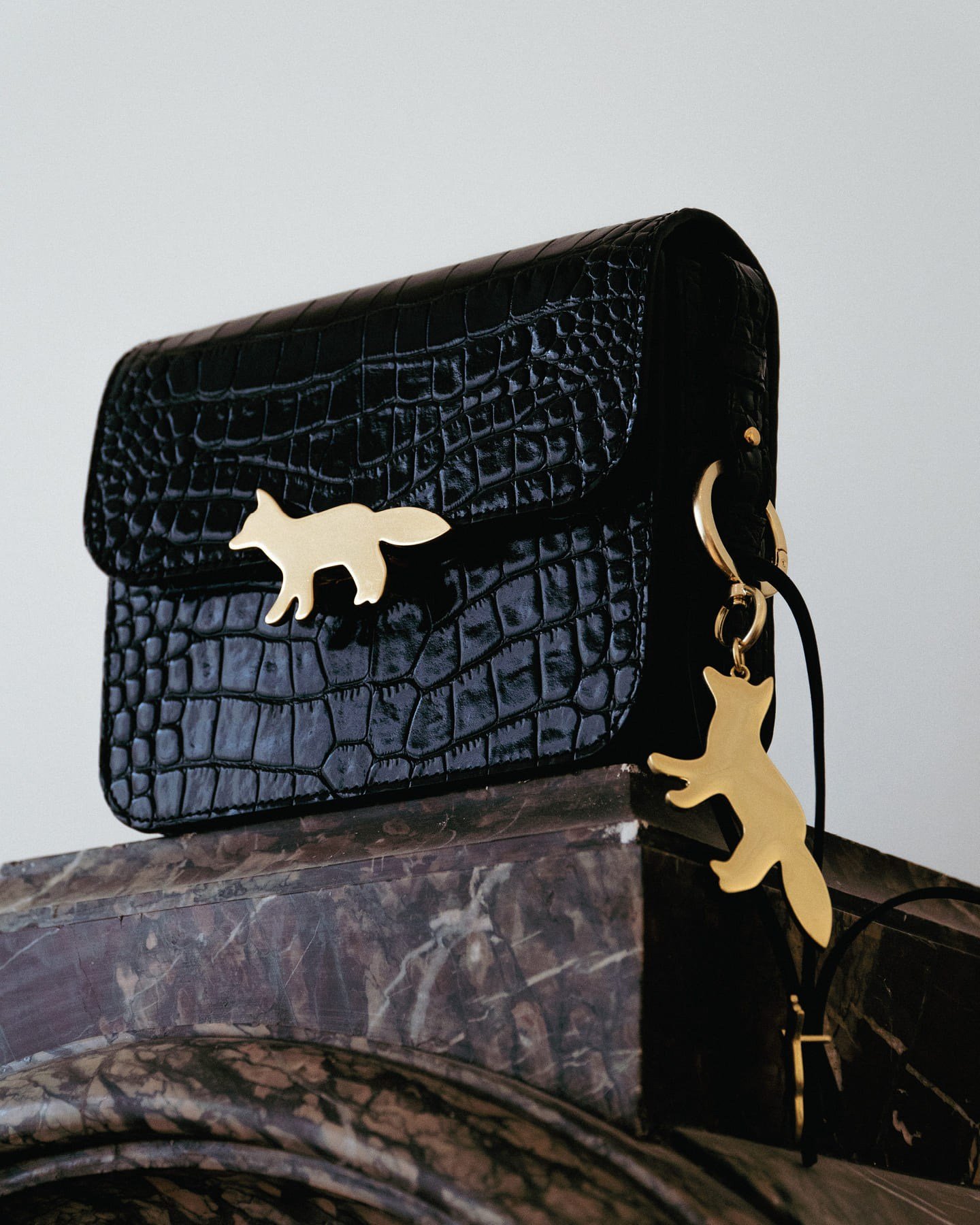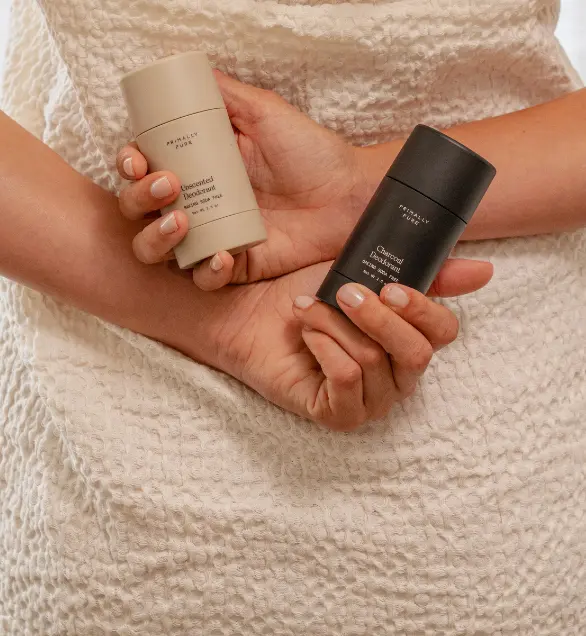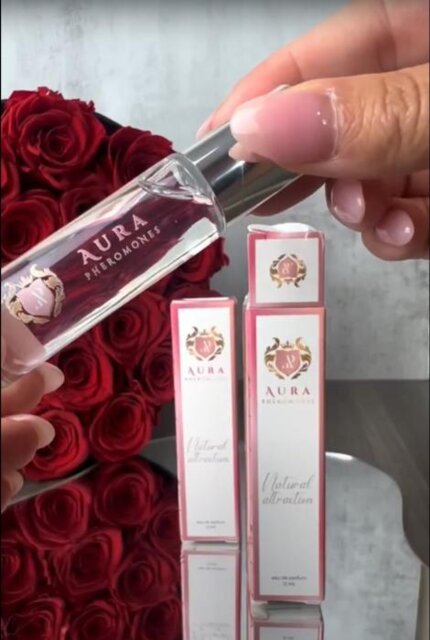Home
Beauty
Direct-to-consumer (D2C) beauty and makeup brands have revolutionized the cosmetics industry by offering innovative products and personalized shopping experiences. These brands prioritize quality, inclusivity, and sustainability. For example, one prominent D2C brand specializes in clean beauty, providing makeup and skincare products with natural and non-toxic ingredients, appealing to health-conscious consumers. Another brand stands out for its wide range of shades, catering to diverse skin tones and celebrating inclusivity. Additionally, some D2C companies prioritize sustainability by using eco-friendly packaging and promoting ethical practices in their supply chain.
D2C beauty and makeup brands are important because they cut out traditional retail intermediaries, allowing them to offer premium products at competitive prices. They also focus on product quality, inclusivity, and sustainability, aligning with the values and preferences of today's beauty-conscious consumers. With their unique features and tailored approaches, D2C brands have transformed the beauty industry, making it more accessible and sustainable for consumers.

Sassy Saints is a beauty brand that brings salon-quality treatments into your home with easy-to-use kits for nails, brows, lashes, and facials. Their signature dip powder nail kits offer up to 30 manicures that last three weeks without chipping—no UV lamp required. With step-by-step tutorials and a money-back guarantee, Sassy Saints makes pro-level beauty accessible and affordable.

Glamnetic is renowned for its innovative beauty solutions, offering a wide range of magnetic eyelashes and press-on nails designed for easy application and a secure fit. Their products are aimed at enhancing beauty routines with convenience and style, catering to diverse tastes and preferences in eyelash and nail aesthetics.

Roja Professional offers premium skincare and spa products designed for estheticians and wellness professionals seeking high-performance results. Combining advanced formulations with luxurious ingredients, the brand delivers targeted solutions for radiant, healthy skin.

Elieve Beauty & Wellness is a luxury aesthetic clinic offering advanced skincare, hair treatments, and wellness services that combine medical-grade technology with spa-like comfort. Their treatments are tailored to each client’s needs, encompassing laser therapies, rejuvenation services, and holistic wellness solutions. Positioned as a high-end self-care destination, the brand emphasizes precision, personalization, and a premium experience.

Lashtoi offers reusable, high-quality false eyelashes and eyelash accessories, designed to deliver a natural, luxe look with fast application. Their cruelty-free, vegan lashes adapt to each wearer’s eye shape and are built for durability and comfort. The brand combines beauty innovation with ethics, making premium lash enhancement more accessible.

YUNI Beauty creates plant-based, cruelty-free skincare, body, and aromatherapy products designed to save time, soothe stress, and restore health for active individuals. Their range includes natural face & body care, sleep & stress relief items, and recovery tools, all built with sustainably sourced ingredients and mindful manufacturing. With a focus on wellness, texture, and environmental responsibility, the brand blends functionality with clean, joyful beauty.

Primally Pure makes non-toxic, nature-based skincare and body care products using sustainably sourced, simple, and honest ingredients. Their product range includes deodorants, serums, balms, dry shampoos, and cleansing oils, all designed to be gentle, effective, and free from artificial fragrances, preservatives, or other harsh chemicals. With an emphasis on clean beauty, they also engage in regenerative practices, local ingredient sourcing, and transparent formulation.

Aura Pheromones crafts dermatologist-tested, plant-based scents that combine perfumery with a proprietary pheromone blend intended to boost allure and self-assurance. Their product line—featuring scents like Parris Passion and Mystic Hypnosis—promises up to 12 hours of effect with natural ingredients and cruelty-free formulations. Designed for daily wear, Aura aims to help users feel more magnetic and confident in social settings.

R.E.M. Beauty is a makeup brand by Ariana Grande dedicated to expressive, high-pigment cosmetics that blend artistry with wearable beauty. Their collections include vegan, cruelty-free products—from plumping lip glosses and bold eyeshadows to skincare-infused foundations and vibrant liners—designed with futuristic flair and inclusive shade ranges. The brand emphasizes creativity, self-expression, and beauty that feels both magical and everyday.
Creating a successful Direct-to-Consumer (DTC) beauty brand in today's competitive market requires a blend of strategic product development, savvy marketing, and an exceptional customer experience. Here are key factors that contribute to making a winning DTC beauty brand:
A winning DTC beauty brand clearly communicates its Unique Value Proposition—what sets it apart from competitors. This could be a focus on sustainability, a commitment to using all-natural ingredients, or innovative product formulations. The UVP should resonate with the brand's target audience and be reflected in every aspect of the business.
The core of any beauty brand is its products. Successful DTC beauty brands invest in research and development to create high-quality products that deliver on their promises. This includes efficacy, safety, packaging, and the overall user experience. Products should cater to the specific needs and preferences of the target demographic.
A compelling brand identity and storytelling are crucial. This involves a consistent and appealing aesthetic across all platforms, engaging content that tells the brand's story, and a tone of voice that connects with the target audience. Storytelling helps to build an emotional connection with customers, making them more likely to remember and choose your brand over others.
A winning DTC brand maximizes its online presence through a user-friendly website, strategic use of social media, and engaging digital marketing strategies. This includes SEO-optimized content, influencer partnerships, and targeted ads. The online experience should be seamless, from discovery to checkout, with mobile optimization being a key consideration.
Personalization enhances the customer experience by making shoppers feel valued and understood. This can include personalized product recommendations, customized packaging, or tailored beauty regimens. Advanced data analytics can help in understanding customer preferences and behavior, allowing brands to tailor their offerings accordingly.
Building a community around the brand can foster loyalty and advocacy. This can be achieved through social media engagement, loyalty programs, and by creating spaces for customers to share their experiences and connect with each other, such as online forums or beauty events.
Sustainability and ethical practices are increasingly important to consumers. A winning DTC beauty brand incorporates these into its business model, from sourcing ingredients and manufacturing processes to packaging and distribution. Transparency about these practices can further build trust and loyalty among consumers.
Efficiency in operations and having a responsive supply chain are essential for meeting customer demand and expectations. This includes effective inventory management, fast and reliable shipping, and the ability to quickly adapt to market changes or supply chain disruptions.